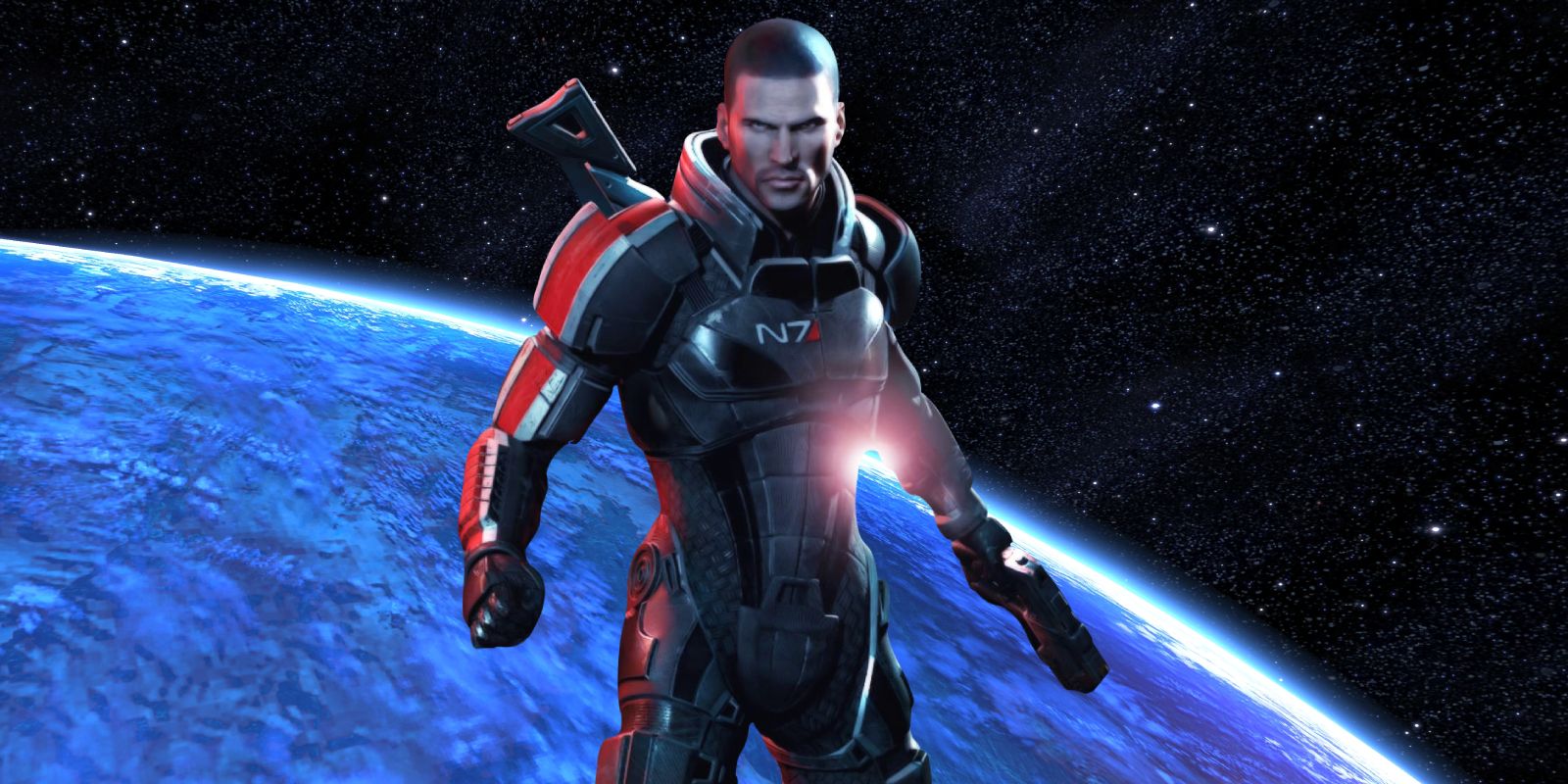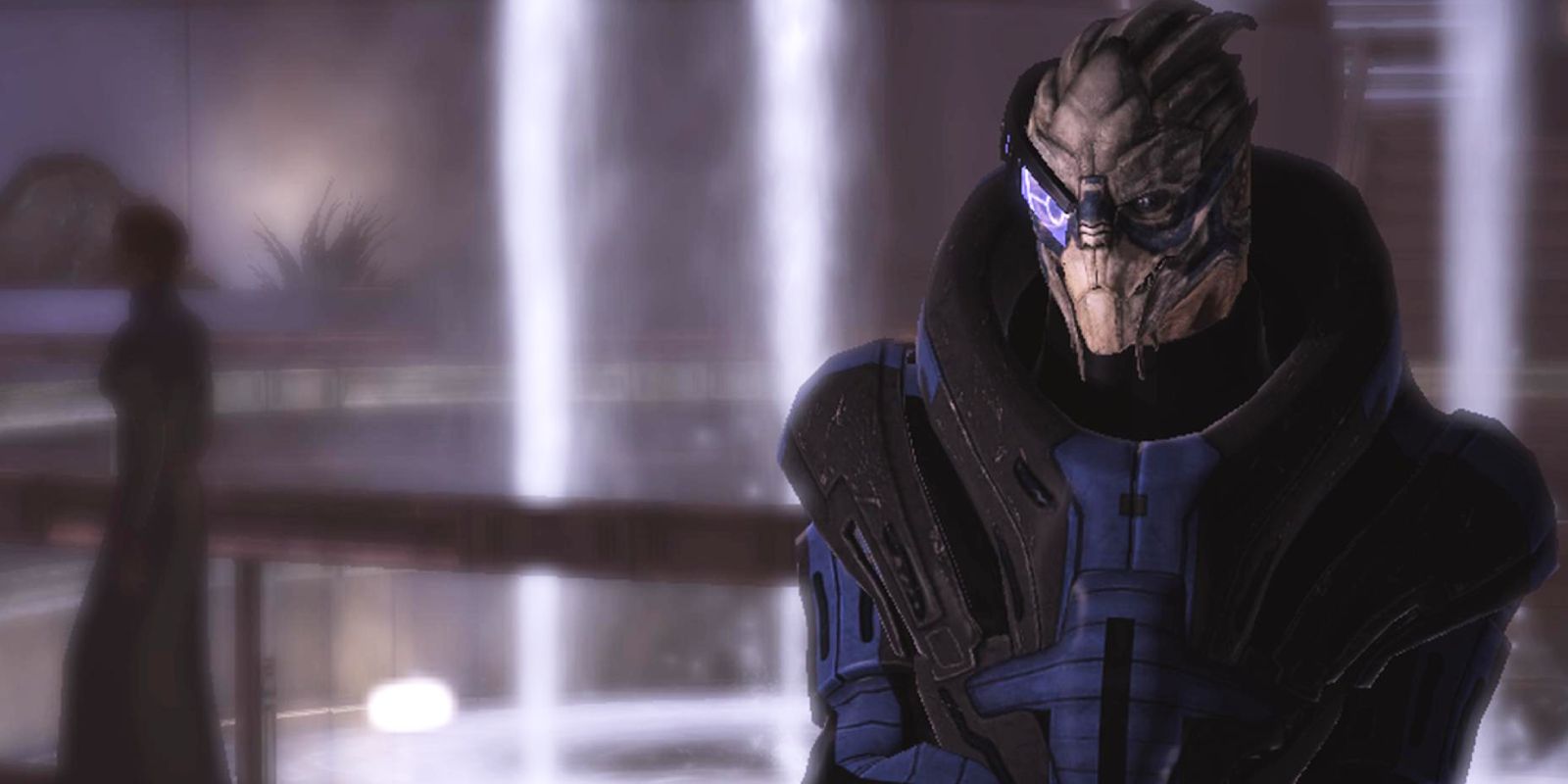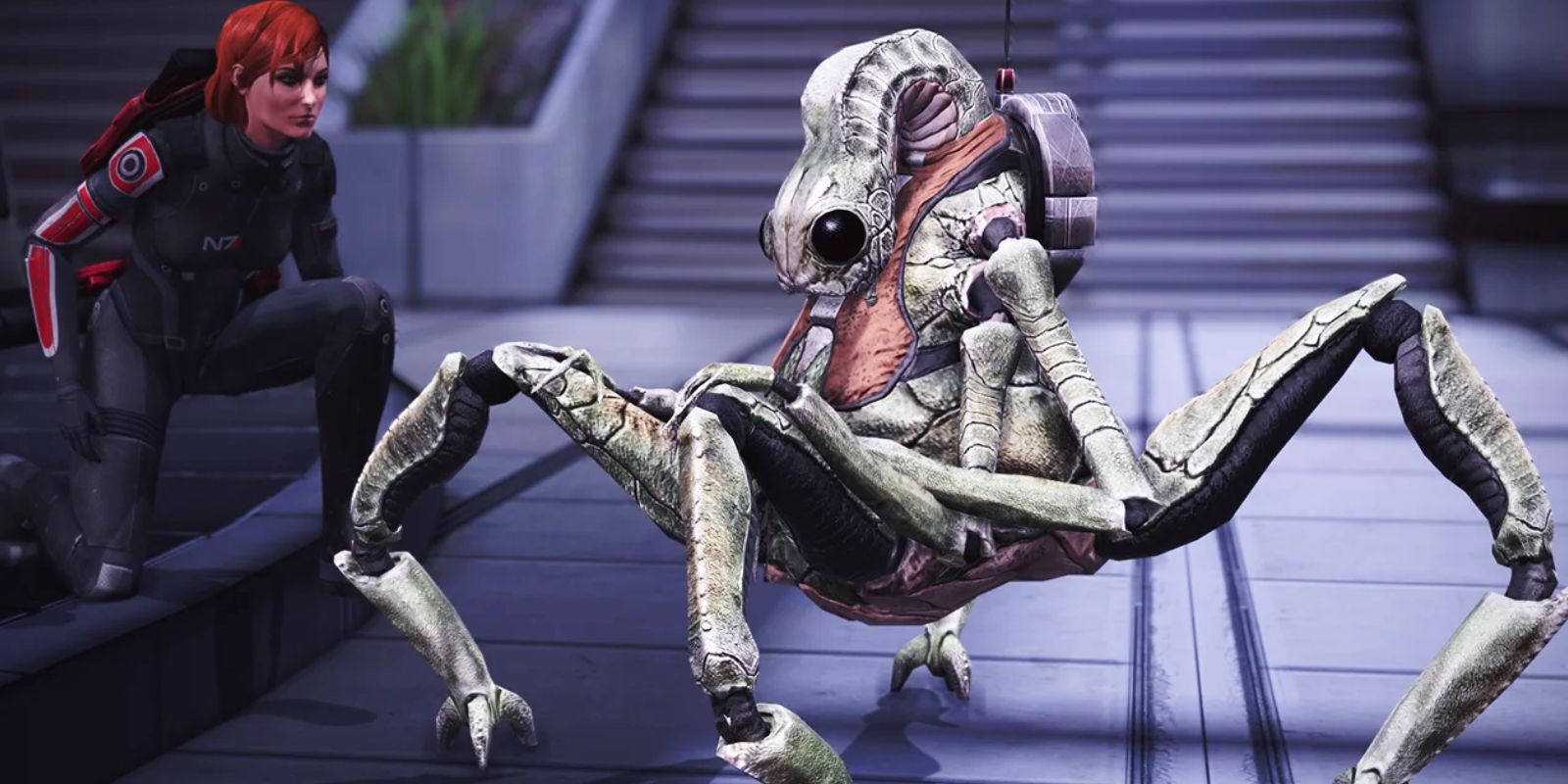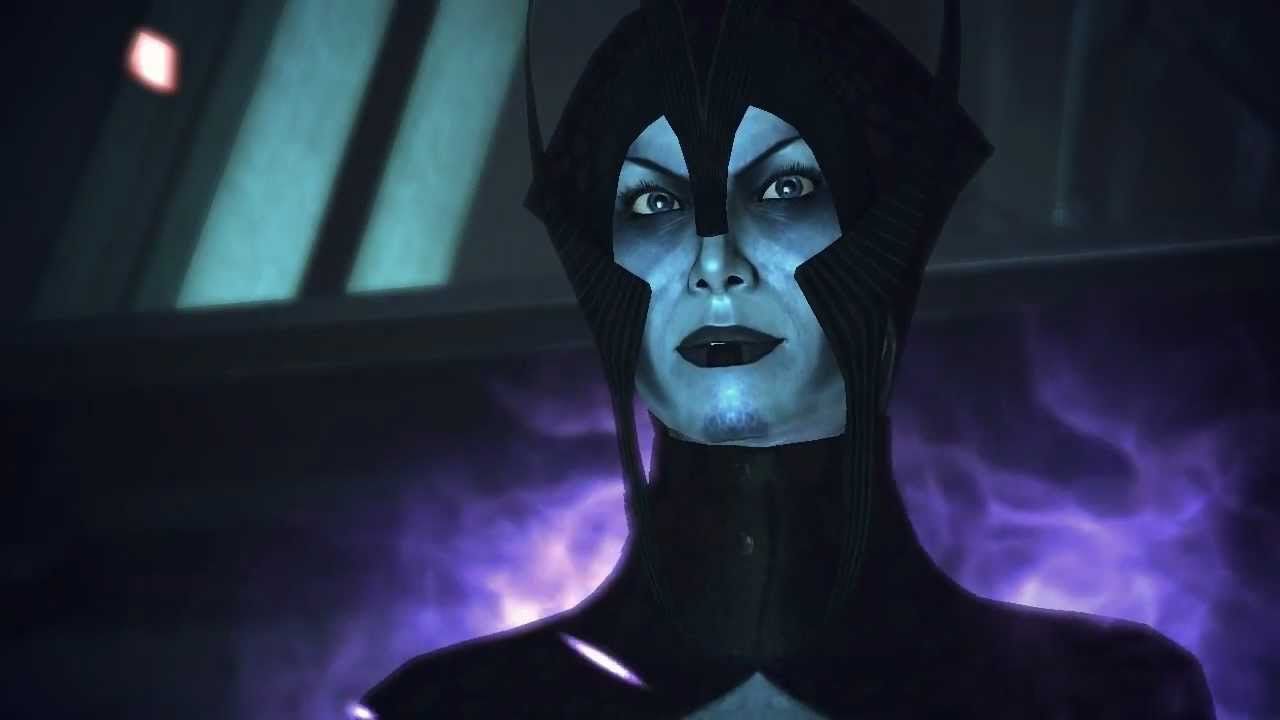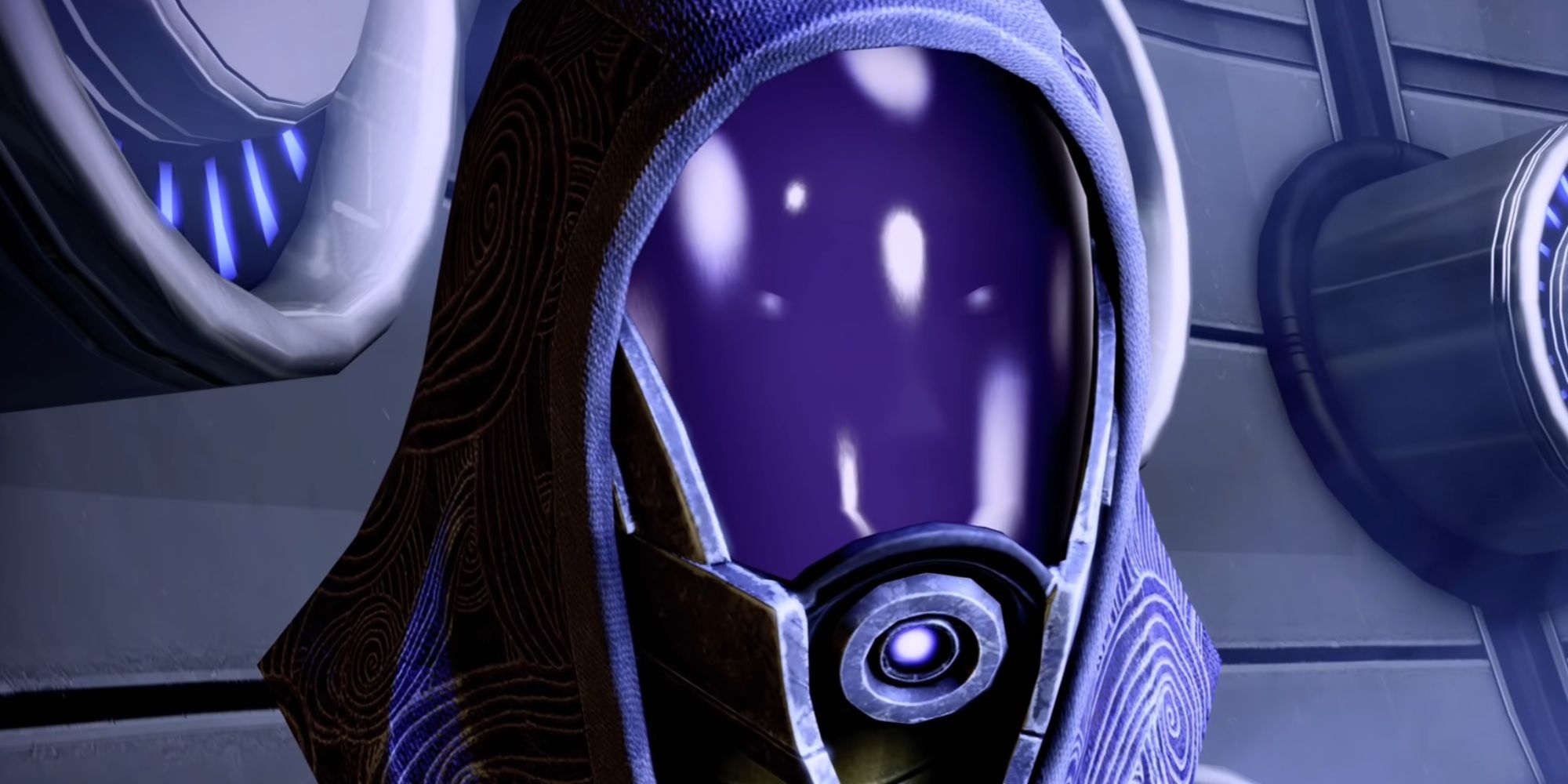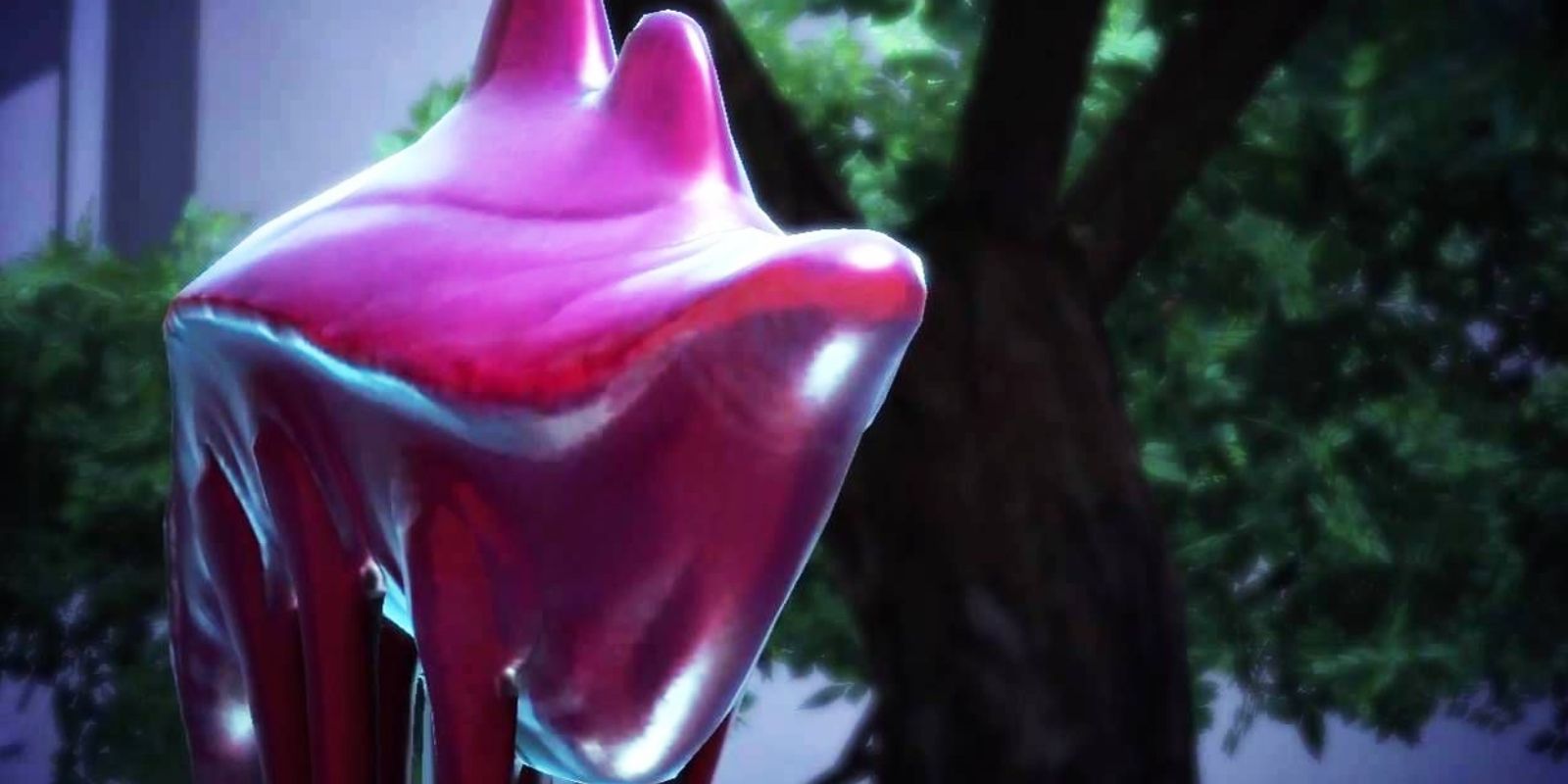At its core, Mass Effect is based around player agency, giving them the ability to choose everything from Shepard's morality to which character is romanced throughout the course of the trilogy, but some choices don't really matter in the end. The choice-heavy design concept is present in everything from the largest turning points of the series to the smaller assignments that players are able to gather, despite the varying levels of impact these choices can have, and there are several missions or decisions that ultimately just don't matter very much.
This is especially true of the first Mass Effect game, which had the difficult task of setting up the larger universe of the franchise. Many tasks in Mass Effect 1 are purely exploratory as a result. For example, players may be tasked with gathering minerals across different planets, although no ship or combat upgrades are available upon doing so like what would later be added to Mass Effect 2. Other decisions purely impact side characters that ultimately won't play a large role in any future Mass Effect games, potentially for the sake of fleshing out unique elements of the series' lore. While it might be tempting to complete all of these for the sake of getting 100% completion, there are not many rewards for doing so.
Despite what its developers may have been aiming for, there has been criticism levied against Mass Effect for its lack of meaningful choices on a larger scale over the course of the series, something that many hope will be addressed by BioWare in Mass Effect 4. As of right now, little is known about the next Mass Effect game, which was revealed during the 2020 Game Awards and seemed to set up a return to the galaxy and story of the original trilogy. Hopefully, its narrative will allow more room for development based on key decisions from players unlike what was presented at many points of Mass Effect 1.
Telling Garrus To Spare Or Kill Dr. Saleon
There are three squad member assignments in Mass Effect 1, each of which relates to the history of various crewmates - specifically Tali, Garrus, and Wrex - and serves to further their relationship with Shepard or character development moving forward. The family armor can be crucial in allowing Wrex to be spared at Virmire, for example, and Shepard can help Tali complete her pilgrimage. Garrus' involves tracking down an escaped convict from his time with C-Sec, Dr. Saleon, a mission that leads to a final confrontation aboard the geneticist's ship. After fighting their way through the level, players will be able to directly confront Dr. Saleon. If Garrus was brought along on the mission, Shepard has the option of either telling him to back down or letting him finish Saleon off.
While the game sets this up as an opportunity for Shepard to influence Garrus' morality, in actuality it doesn't matter much in the long run. By Mass Effect 2, Garrus' personality will be the same regardless of which decision was made in Mass Effect 1. In fact, Garrus' loyalty mission in the second game has a relatively similar premise, as well. Although a few conversations change as a result of players' decisions during the Dr. Saleon mission, it's a disappointing let-down in terms of Garrus' ongoing character development throughout the larger scope of the Mass Effect trilogy.
Deciding To Scan The Keepers In Mass Effect 1
One of the most notorious missions in Mass Effect is the challenging task of scanning all of the keepers located in and around the Citadel. There are a total of 21 keepers to find and scan - although Mass Effect Legendary Edition allows the assignment to be completed by only scanning 20 of these - and though the game seems to imply that it's a Renegade decision to agree to do so, scanning the keepers actually has very little impact on Shepard's morality. Additionally, players don't learn much at all about the keepers in Mass Effect 2 and ME3 regardless of whether they scanned them or not. The quest isn't worth much more than experience points as a result.
There's another side quest that pops up if players have agreed to get involved with scanning the keepers, involving Chorban - the salarian responsible for researching the keepers - and his former research partner Jahleed. Upon completing it, Shepard is faced with the option of turning Chorban into C-Sec, but other than ending the "Scanning the Keepers" mission prematurely there are no real consequences to doing so.
Having Liara Fight Matriarch Benezia
Players can opt to bring Liara into the confrontation with Mass Effect's Matriarch Benezia, but despite getting some interesting - and heartbreaking - dialogue, the combat can't be avoided, with Benezia's struggles against indoctrination remaining unchanged and the combat itself going according to the usual plan. There is also no substantive narrative change as a result of the encounter between Liara and her mother, leaving the outcome of the events more or less an inevitability.
Hindering The Completion Of Tali's Pilgrimage
After collecting data on the Geth in Mass Effect 1, Tali requests asks Shepard for a copy of the data. It's clear that she believes this will help her complete her pilgrimage, and it's possible for players to simply refuse her request flat out. Weirdly, Tali will continue to remain with Shepard in the quest to defeat Saren and the Geth even despite this significant character moment, just as she would if Shepard had helped her in her mission. It makes the choice to do something unkind feel unnaturally inconsequential, and ultimately removes a potentially powerful roleplaying moment.
Resolving Arguments On The Citadel
Chorban and Jahleed's confrontation isn't the only argument to be resolved in Mass Effect 1. There are various other assignments to be found and completed on the Citadel, many worth ignoring as they don't end up important in the grand scheme of things. One of these can be encountered very early on during Shepard's first visit, involving a religious hanar in a dispute with a C-Sec officer regarding the right to preach on the Presidium. There are various different ways to either make the officer or the hanar leave, most of which are dependent on either Shepard's Charm/Intimidate or Paragon/Renegade levels, but none have any impact aside from garnering players a small number of Paragon or Renegade points.
Another argument can be found in the quest "Family Matter", as Shepard is able to step into the middle of an argument between two humans about experimental gene therapy for one NPC's future child. Although these characters appear later on in other Mass Effect games, they serve no real purpose other than providing a small Easter Egg to players who happen to remember this otherwise pointless side quest from the first Mass Effect game.
Many of the other assignments located throughout the galaxy at large are similarly disappointing, such as recovering the turian insignias from various planets or locating prothean data disks. That being said, there are some missions that may surprise players with their relevance. Conrad Verner, a minor NPC whose involvement in Mass Effect 1 is largely presented as a joke, can end up becoming a valuable war asset in Mass Effect 3 if certain conditions are met. Even the asari writings that players have the option of tracking down in ME1 can help provide more galactic readiness in the fight against the Reapers. Ultimately, Mass Effect presents a mixed bag of relevancy, especially during the series' early hours in Mass Effect 1.

